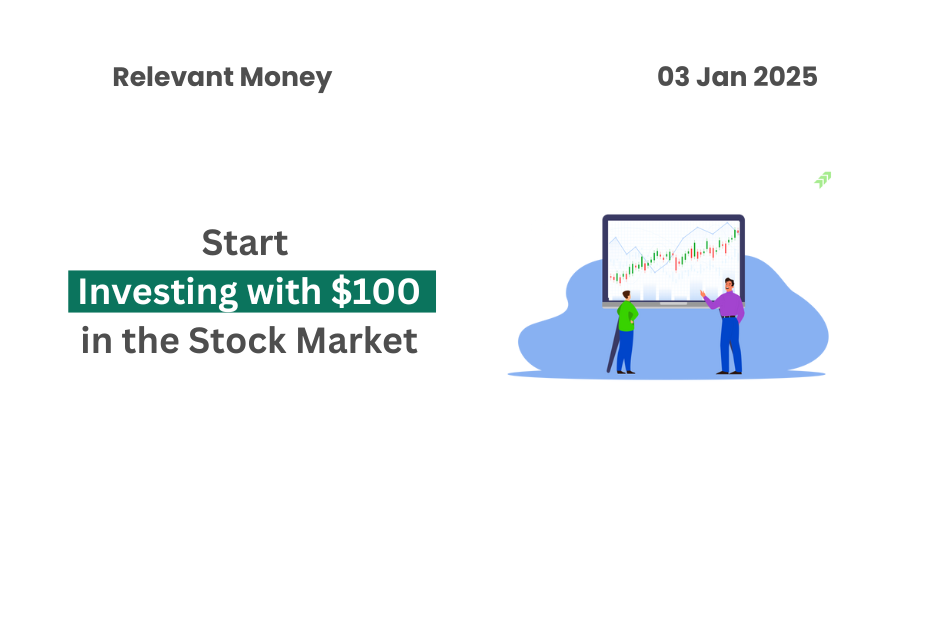Financial markets are the core of our economy, where money is moved from here and there, investments are made, and risk management is conducted. Financial markets are important to almost everyone in the world; be it investors, policymakers, or just someone who is focused and dedicated to their day-to-day activities. In this article, we will be discussing what the financial markets are all about and why they matter so much to the economy.

So, what exactly are Financial Markets?
Financial markets are the markets or big places where business institutions and people from around the world trade all sorts of financial stuff. That includes things such as; stocks (represent ownership of companies), bonds (which are similar to loans), currencies (for trading between the money of different countries), commodities (such as gold, silver, and oil), and fancy things known as derivatives (which are bets of future value of various stuffs). These markets assist money moving around the world market so that businesses can grow, governments can fund various projects, and normal people and invest their savings.
Types of Financial Markets:
Stock Market (Equity Market): You probably already have heard the terms “stocks” and “equity” somewhere. It’s where companies sell the shares that they already own to investors who want the piece of the cake (profits) once the company starts making money. Investors can trade/ buy or sell the shares on stock exchanges such as New York Stock Exchange (NYSE) or NASDAQ.
Bond Market (Debt market): Bonds are like IOUs issued by governments, companies, institutions, or even cities. IOU means “I Owe You”. When you purchase a bond that means you are lending money to the bond issuer, and they assure you to pay the money back with interest. Thus, the bond market is where you buy and sell these IOUs.
Foreign Exchange Market (Forex Market): Have you ever wondered how the dollar turns into Euro or Yen? That’s the Forex market at work. Forex market is a market where foreign currencies get traded allowing companies or businesses to buy and sell various goods and services according to their needs internationally. Also, a place where travelers to exchange their currencies when they travel internationally.
Commodity Market: The commodity market deals with raw materials such as gold, silver, oil, and crops. This market is where producers and buyers trade these goods, and prices can go high or low based on things like politics, global demand, and weather.
What do Financial Markets do for the economy?
Capital Allocation: Financial markets help money find its path to where the money is needed the most. They connect people or businesses who have money to invest with those who require money to grow their businesses or fund various projects for development.
Price Discovery: Financial markets are similar to a giant auction house where prices of goods and services are set based on how much people are willing to pay for them. This helps determine the value of assets and lets everyone know what they are worth.
Risk Management: People also use the financial market to secure themselves from unexpected changes in prices or interest rates. It’s like buying insurance for the investments that you have made so that if things go south, you won’t lose everything.
Liquidity Provision: Financial markets make it easy to buy and sell things quickly. Thus, liquidity provision keeps things flowing smoothly and prevents prices from swinging wildly.
In a nutshell, financial markets are the engine that keeps our economy running smoothly. The markets make it possible for money to move around, investments to be made and risks to be managed. Understanding how the financial markets work can help us make better financial decisions and keep the economy running nicely.



